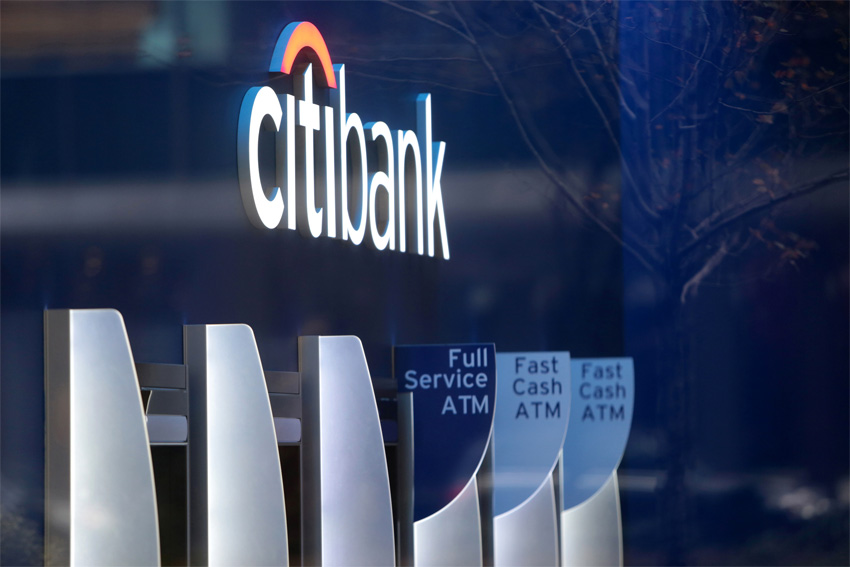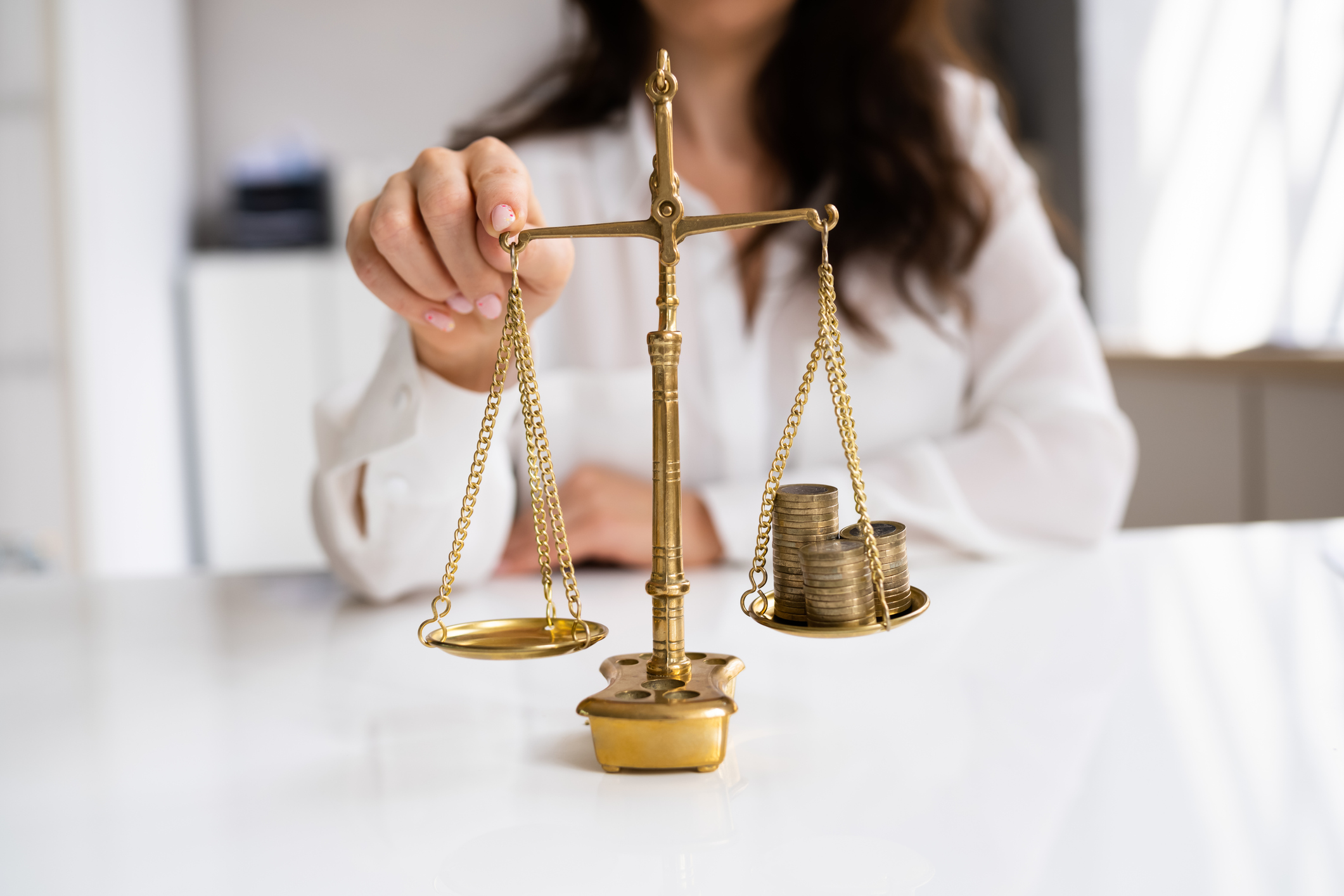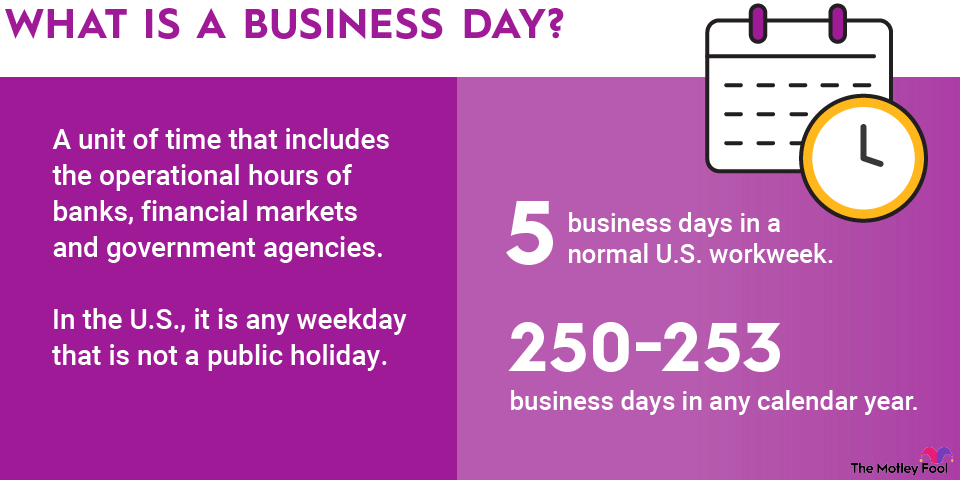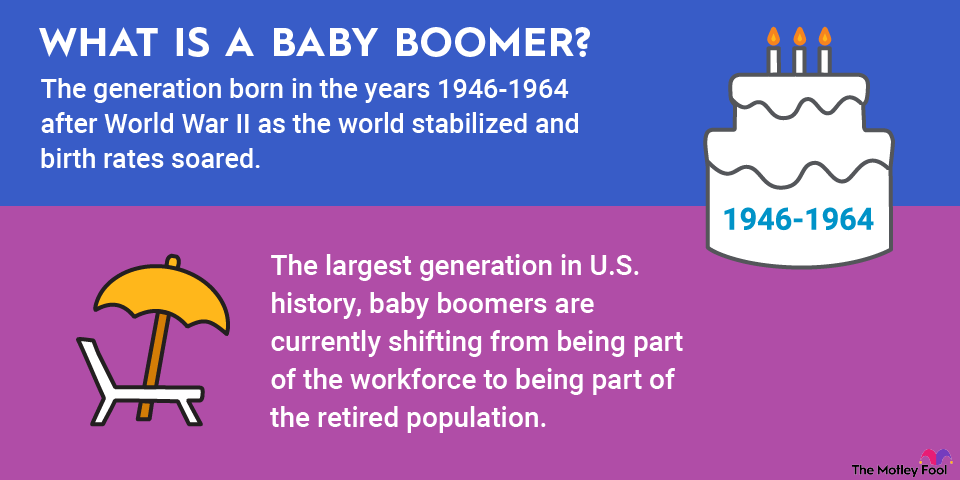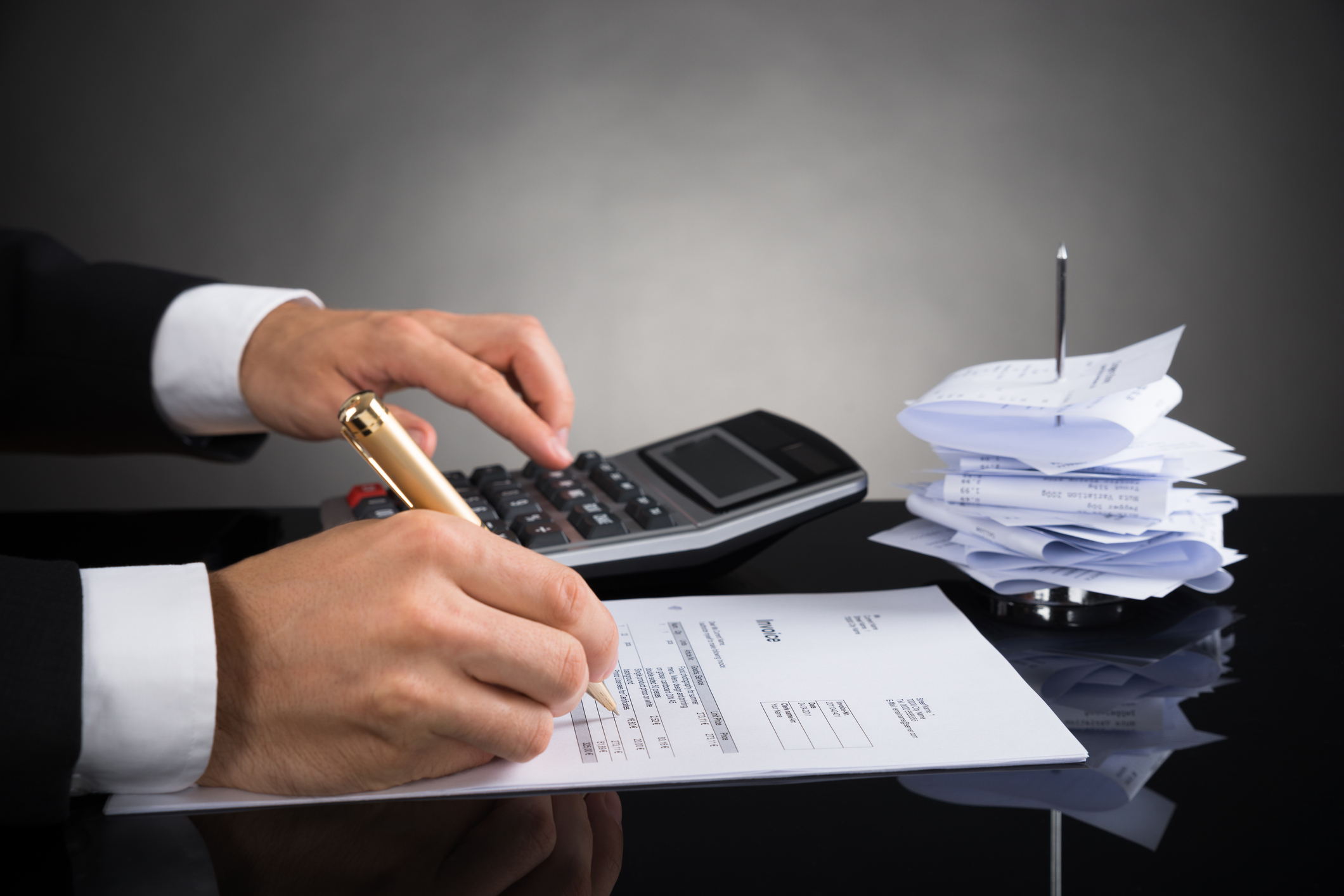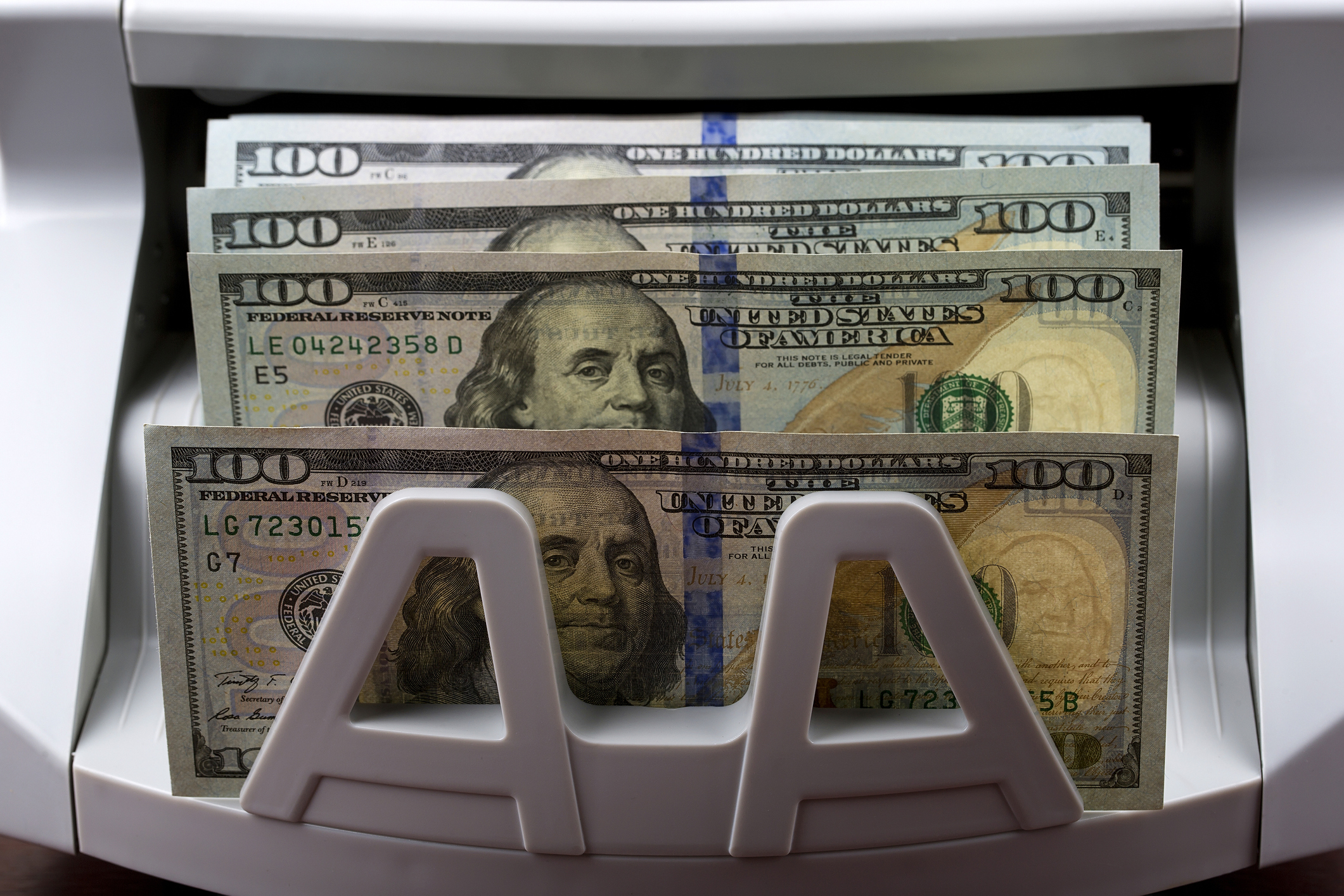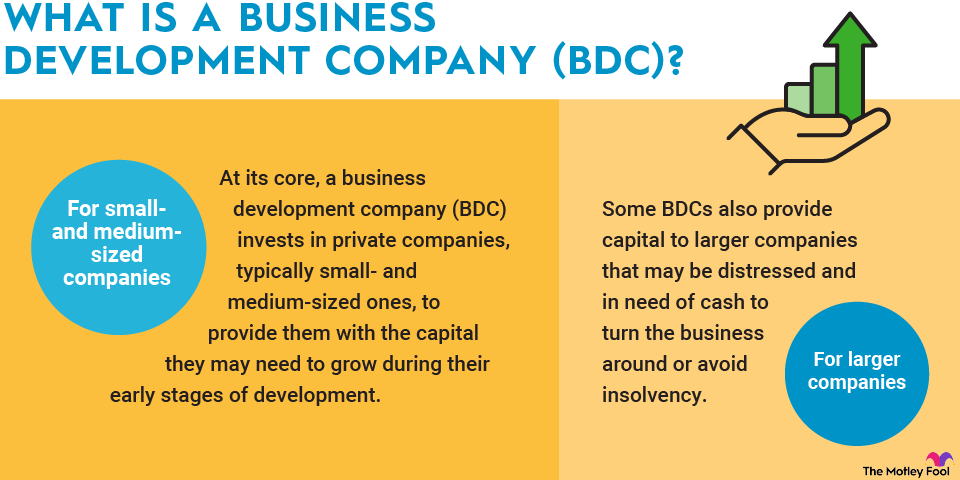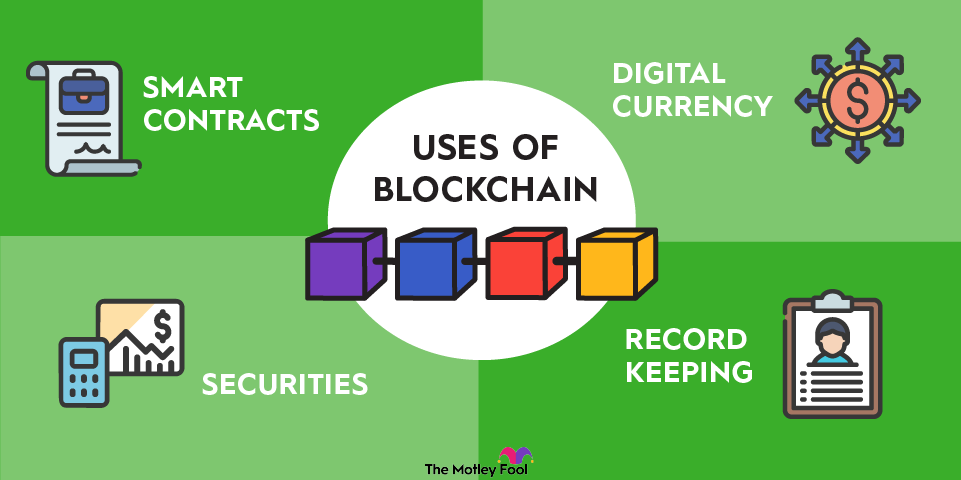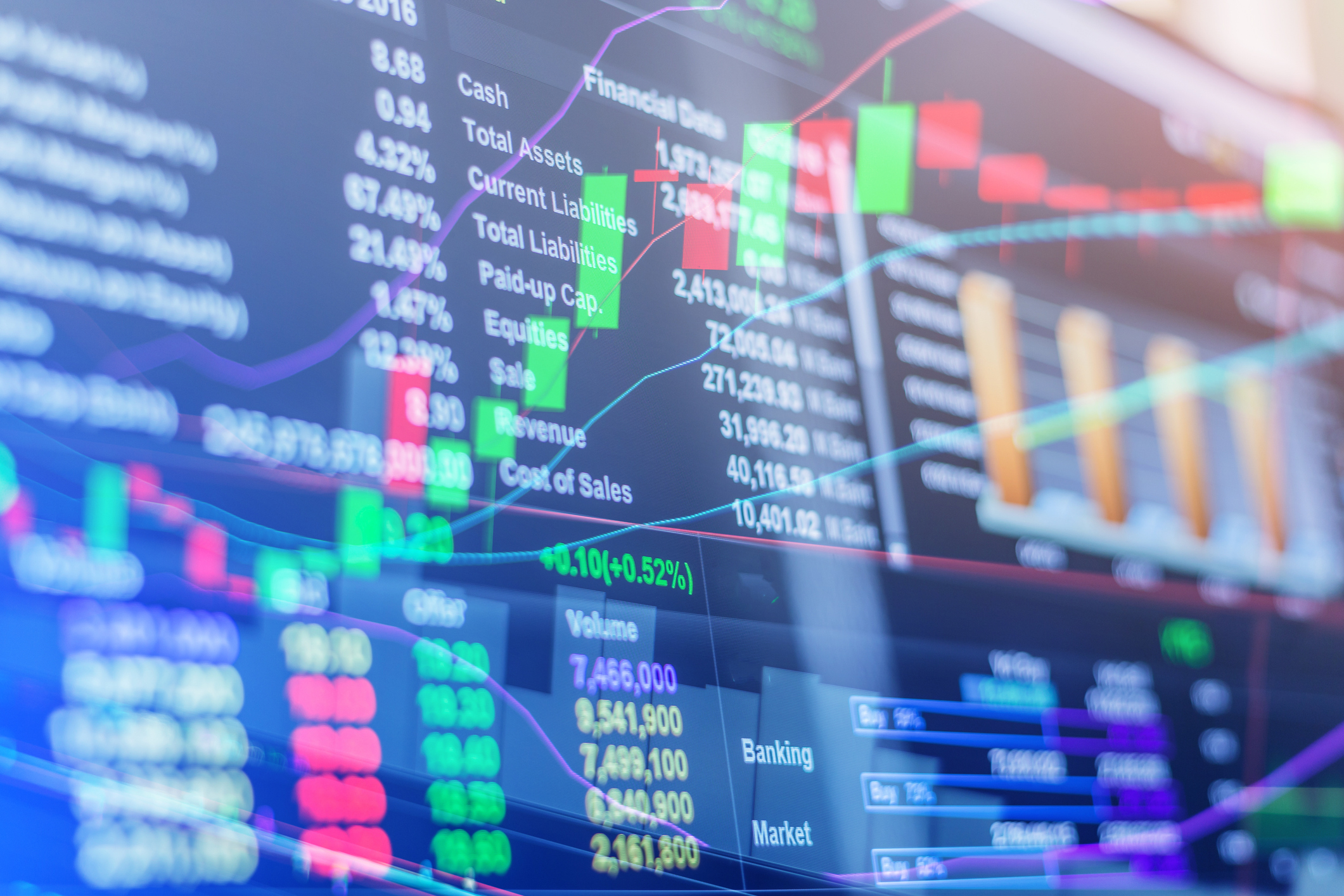Most transactions that take place are legal. If you go to a store or shop from an established online retailer, you're engaging in legal commerce, which is sometimes known as the white market.
By contrast, the black market refers to the buying and selling of illegal products or legal products that are purchased illegally.
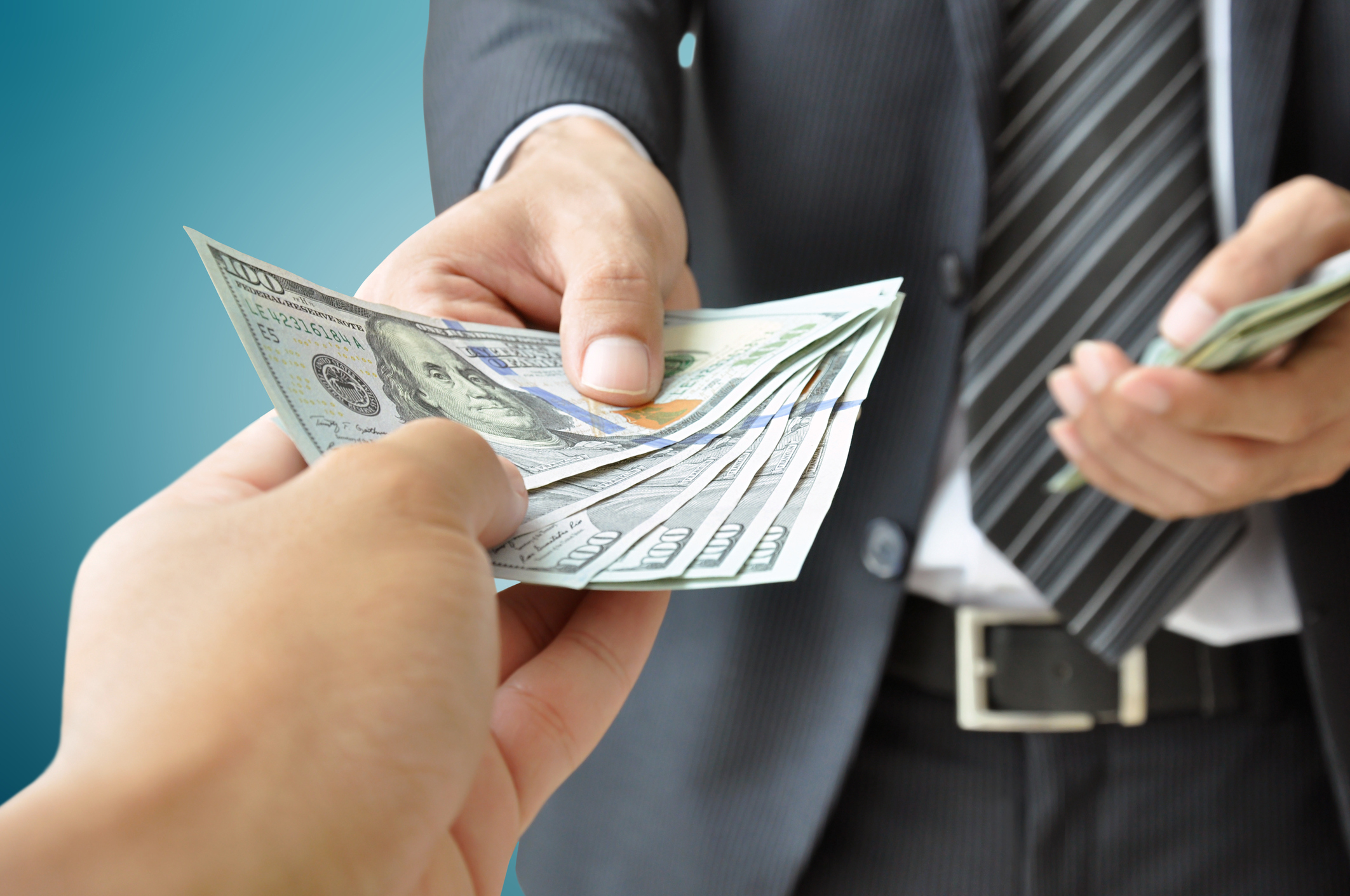
What is a black market?
A black market is an economic activity that is not legal. It could refer to a wide range of products and services being bought and sold, including drugs, guns, or prostitution. A black market could also refer to legal activities that are sold illegally, which could include ticket resales, prescription drugs, or passes for a vacation destination. These are products that were obtained legally but are not meant to be sold.
What is the impact of the black market?
It's impossible to accurately measure the size of the black market in the U.S., but according to estimates, it is as much as 12% of the U.S. gross domestic product (GDP).
Among the bigger black market activities are drugs, prostitution, counterfeit merchandise, and ticket reselling, but the market can also include more serious activities like human trafficking and weapons smuggling.
Black markets have a number of negative effects. First, they deprive governments of tax revenue. Black market transactions aren't taxed or recorded as income since they typically take place using cash without a paper trail.
Additionally, black markets tend to take a business away from law-abiding entrepreneurs. For example, if someone performs a service without the necessary certification, they are undermining the regulatory system and taking a business away from operators who are following the law. This is part of the controversy around Airbnb (ABNB +4.61%) and other home-sharing platforms, which some critics call illegal hotels.
Finally, black markets often fund criminals. Money from selling illegal drugs or weapons can go to more nefarious purposes, funding higher-level organized crime, for example, and further entrenching crime.
Why do black markets exist?
Typically, black markets exist because of laws and regulations that ban certain products even though there is still demand for them. Drugs are an obvious example of this; there has long been a demand for these products despite the danger of some drugs and the laws against using them.
Black markets can also be attractive to sellers because black market products tend to sell at a premium and offer bumper profits. Because they are engaging in illegal activity and taking a risk, black market sellers can typically charge more than they would if they were selling a legal product. That premium acts as an incentive to sell on the black market, and it makes it harder to eliminate black market activity.
Whether it's selling knockoff luxury bags or illegal drugs, black market sellers can make a lot of money. That profit potential is part of what makes the problem of black markets so difficult to eliminate. Even if current sellers are arrested, or a physical market is closed down, the potential for new sellers to appear is likely because of the ability to make outsized profits in the black market.
Related investing topics
What's an example of a black market?
One of the best-known black markets in American history was Prohibition, or the period from 1920 to 1933, when the manufacturing, transportation, and sale of alcohol was illegal.
Although alcohol was illegal during the time, drinking moved to hidden locations known as speakeasies, and alcohol was run by bootleggers. Prohibition enriched organized crime figures, including Al Capone, giving them further influence with businesses and political leaders, and they often bribed those figures with illegal alcohol.
By 1932, political leaders had recognized that Prohibition was a failure, and the prospect of increased tax revenue was appealing during the Great Depression. The 21st Amendment was passed, reversing the 18th Amendment, which had banned alcohol, and legal drinking was reinstated.

